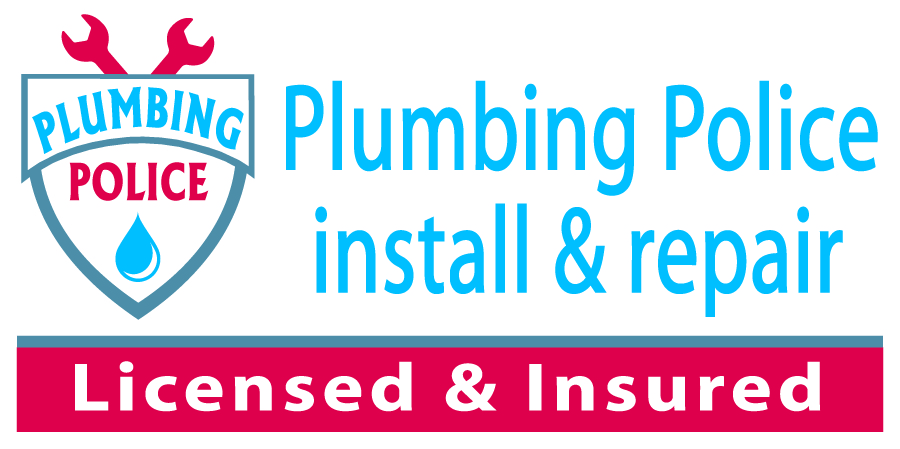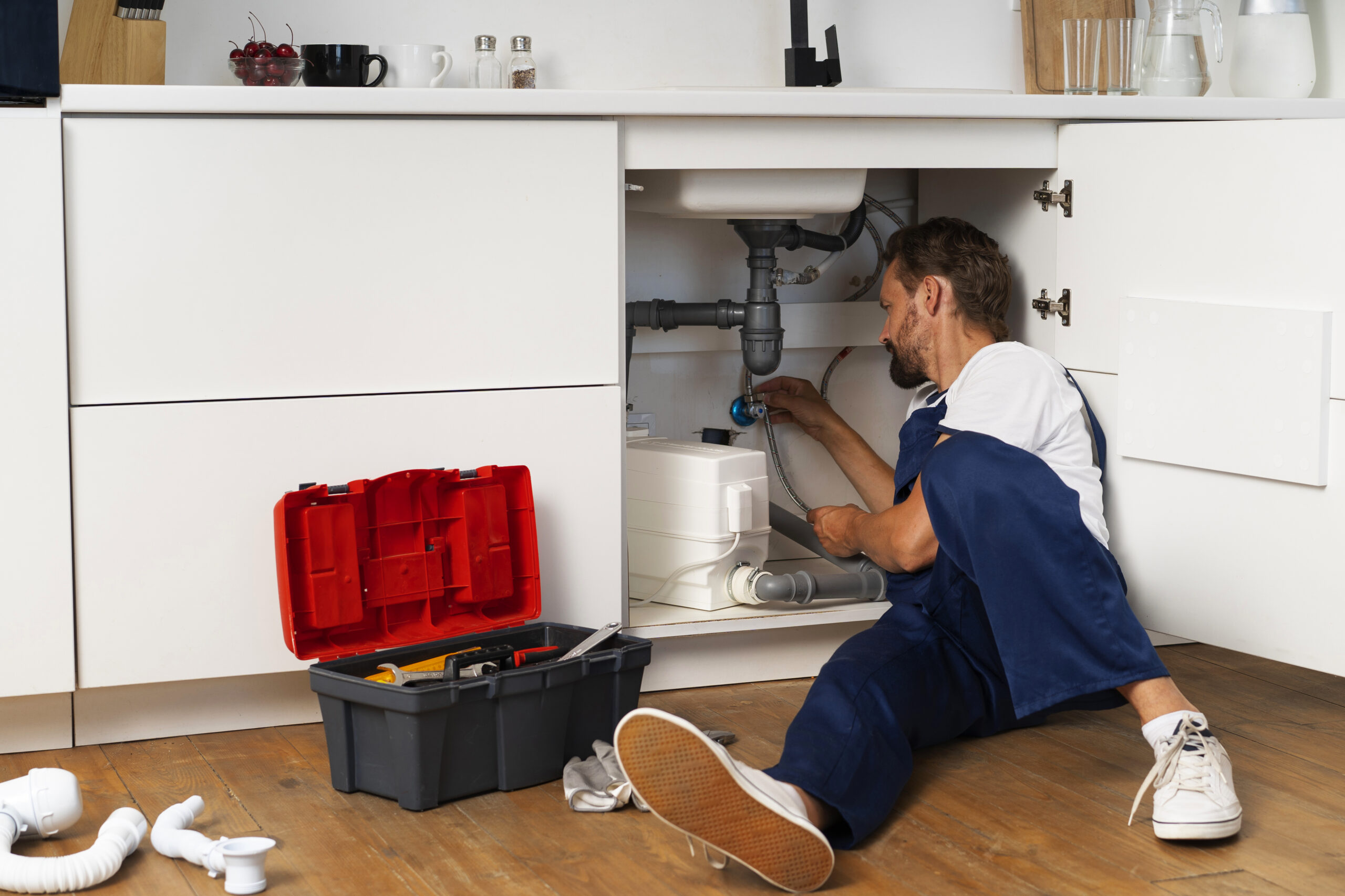Chemical drain cleaners can be effective but also pose several risks and safety concerns. Here are some key points to consider:
Pros:
-
Effectiveness: They can quickly dissolve clogs caused by grease, hair, soap scum, and other organic materials.
-
Convenience: They are easy to use and readily available at most stores.
Cons and Safety Concerns:
-
Toxicity: Chemical drain cleaners contain harsh chemicals like lye (sodium hydroxide) or sulfuric acid, which are highly toxic. They can cause severe burns if they come into contact with skin or eyes and are harmful if inhaled or ingested.
-
Environmental Impact: These chemicals can be harmful to the environment, especially if they end up in waterways.
-
Damage to Pipes: Overuse or improper use can damage plumbing, especially older or PVC pipes.
-
Risk of Reaction: Combining chemical cleaners with other cleaning agents, like bleach or ammonia, can result in dangerous chemical reactions, producing toxic gases.
-
Ineffectiveness on Severe Clogs: They may not be effective on all types of clogs, such as those caused by solid objects or severe buildup.
Safety Precautions:
-
Read Instructions: Always follow the manufacturer’s instructions carefully.
-
Ventilation: Use in a well-ventilated area to avoid inhaling fumes.
-
Protective Gear: Wear gloves and eye protection when handling.
-
Avoid Mixing: Never mix with other household cleaners.
Alternatives:
-
Mechanical Methods: Plungers, drain snakes, or augers can often clear clogs effectively without chemicals.
-
Natural Cleaners: Mixtures of baking soda and vinegar or enzymatic drain cleaners can be safer and environmentally friendly options.
In summary, while chemical drain cleaners can be effective for certain clogs, their use comes with significant risks and should be approached with caution. Exploring mechanical or natural alternatives might be safer for both you and your plumbing system.


